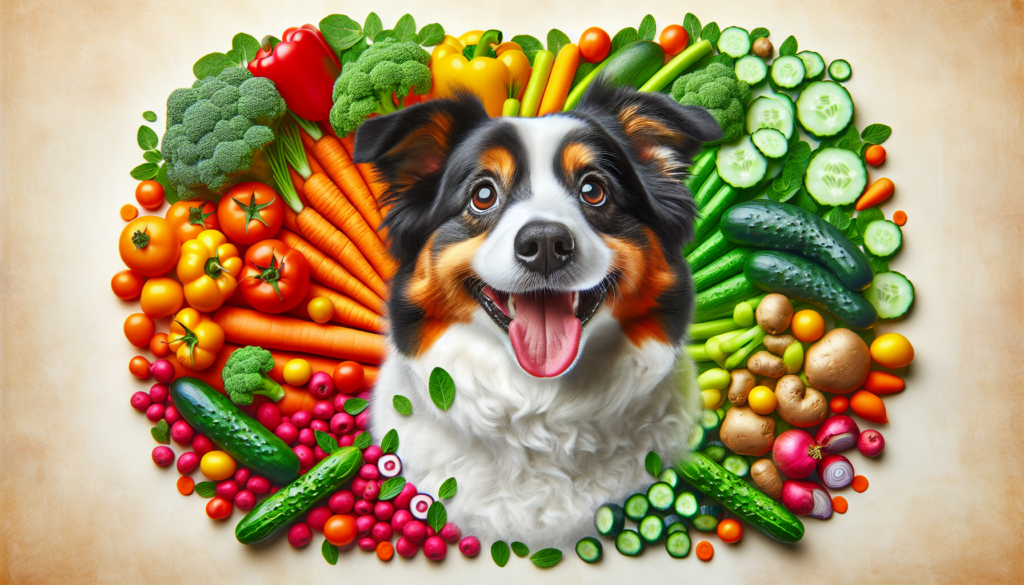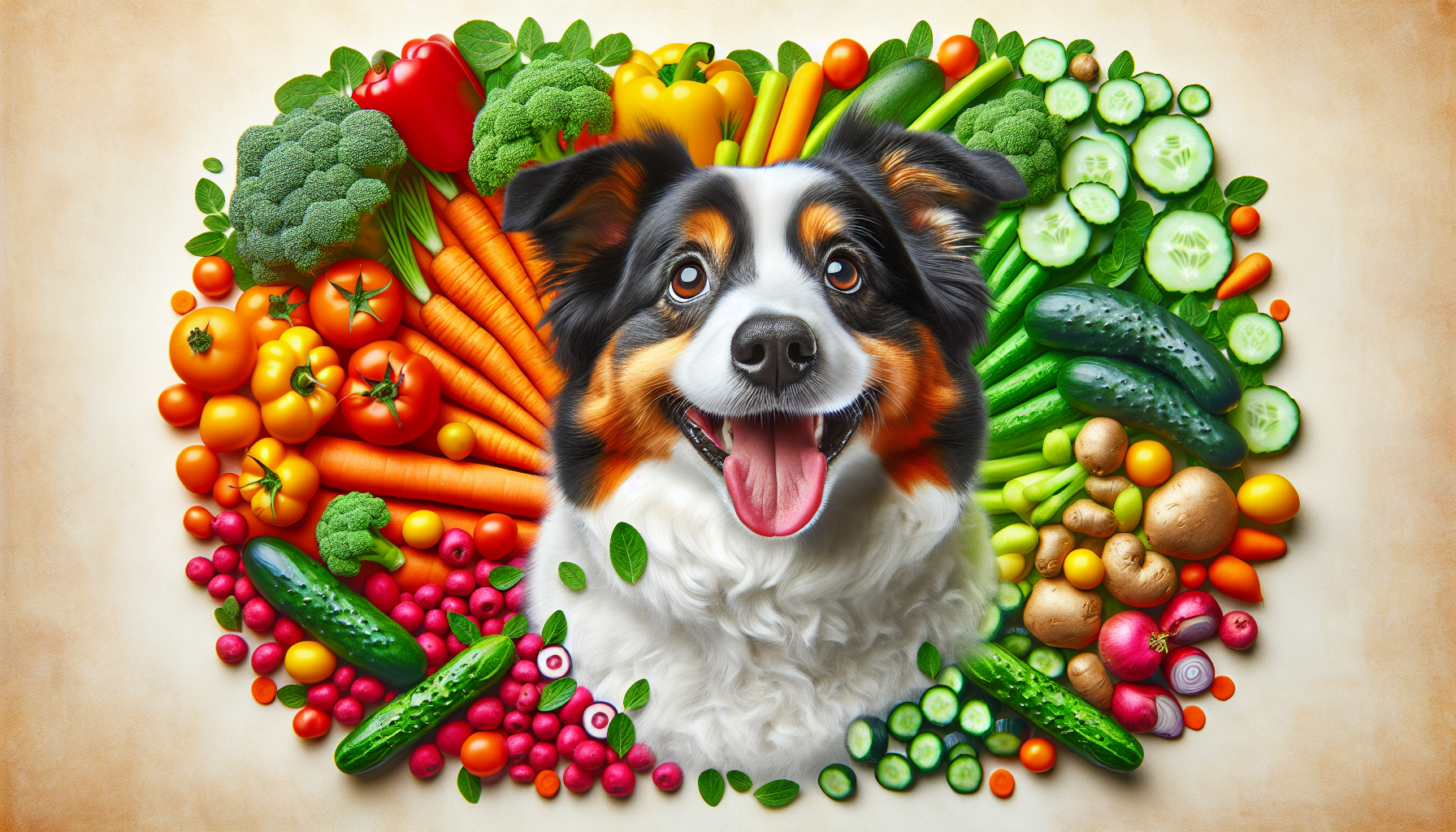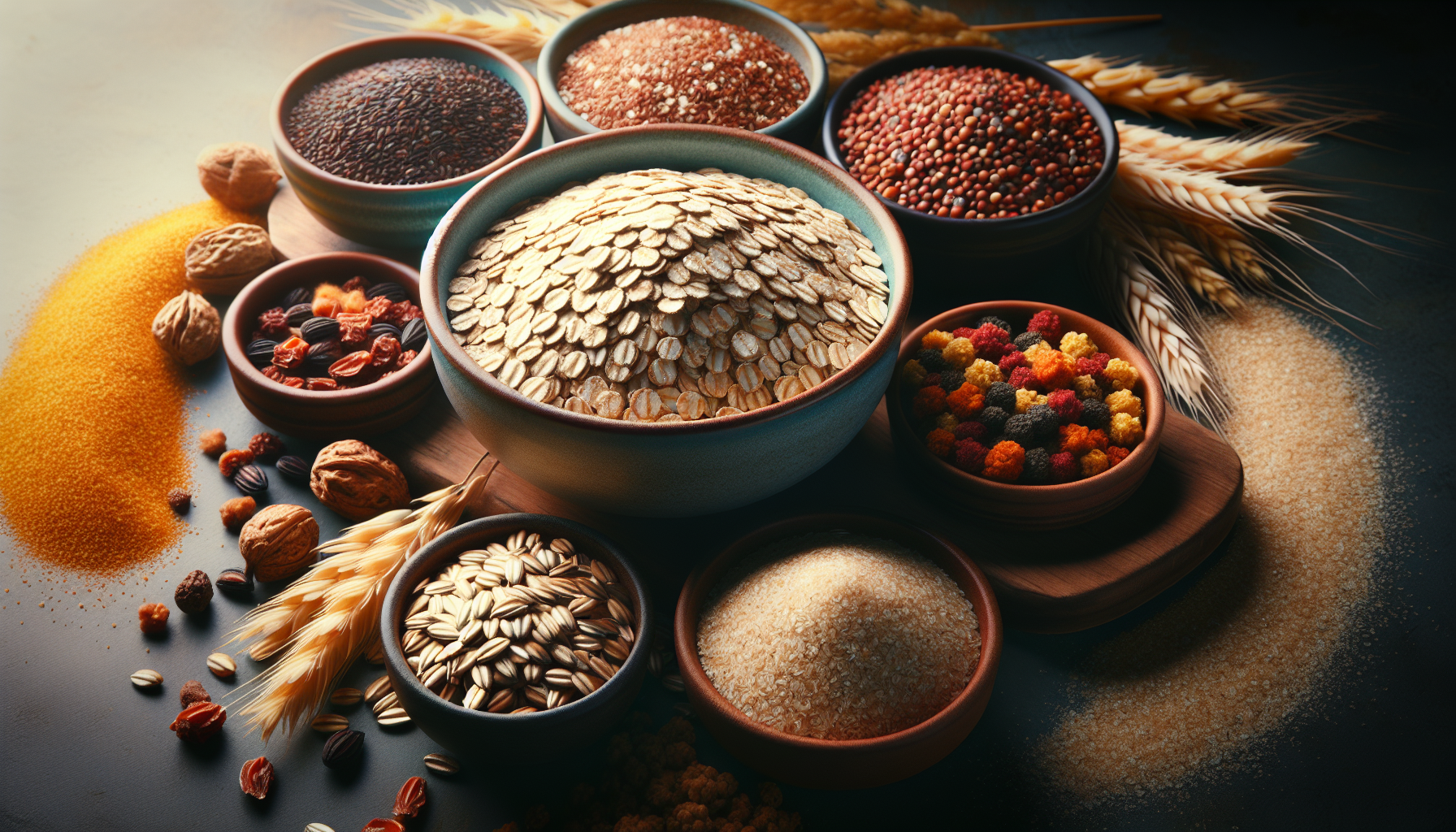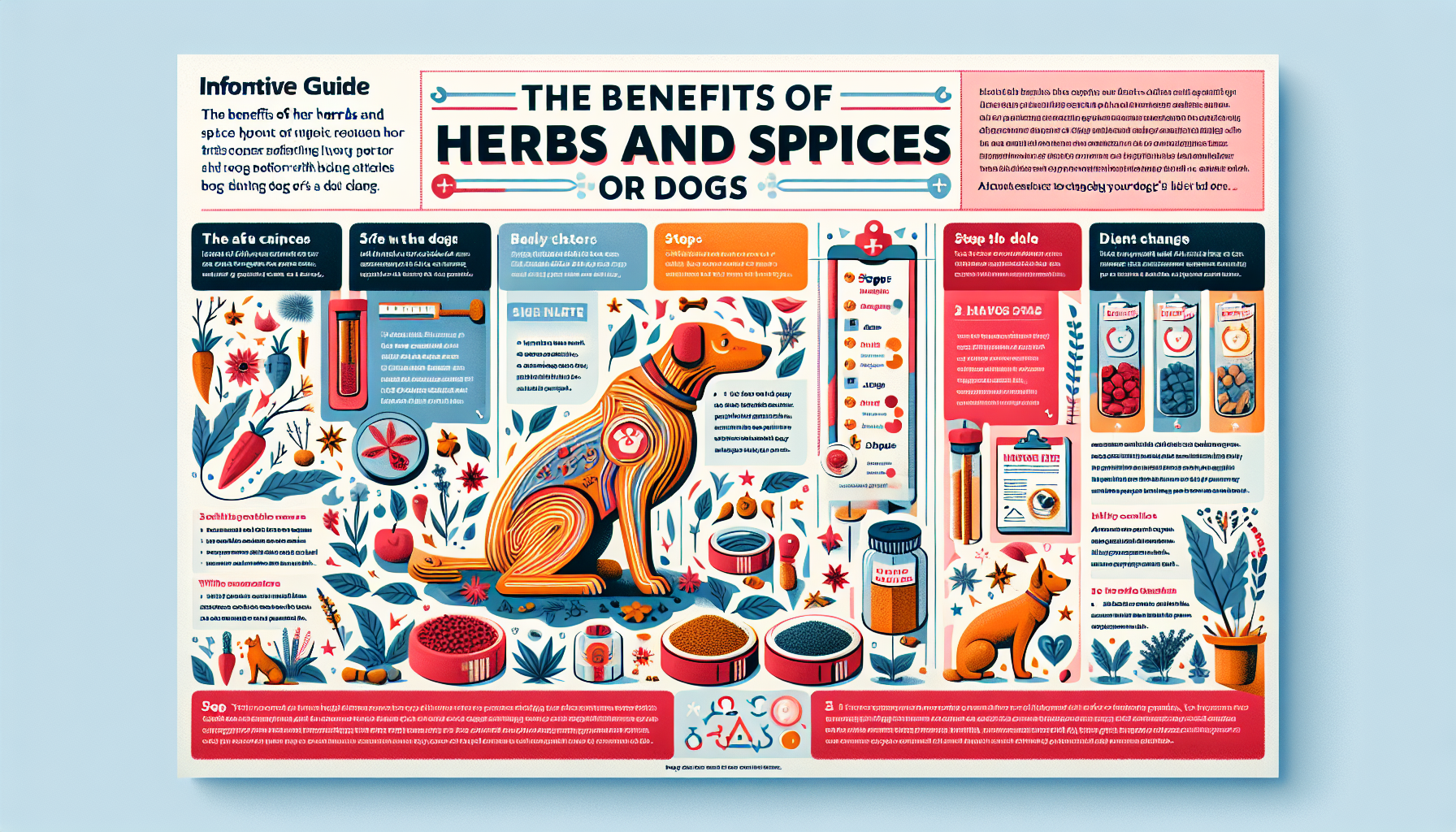In this article, you will discover a variety of safe vegetables that you can incorporate into your dog’s diet. From crunchy carrots to leafy greens, these vegetables not only provide essential vitamins and minerals but also add a refreshing twist to your furry friend’s mealtime. We will explore the benefits of including safe vegetables in your dog’s diet, ensuring their overall wellness and satisfaction. So, why not spice up your pup’s meal with some healthy and tasty veggies? Let’s get started!
Safe Vegetables for Dogs
Humans aren’t the only ones who benefit from a diet rich in vegetables – dogs can also enjoy the nutritional value that vegetables provide. Incorporating vegetables into your dog’s diet is a great way to add variety and boost their overall health. In this article, we will explore why vegetables are important for dogs, how to incorporate them into their diet, and the vegetables that are safe for them to eat. Additionally, we will discuss the specific benefits that different vegetables offer to our furry friends.

1. Why vegetables are important for dogs?
Vegetables are an essential part of a balanced diet for dogs. They provide a wide array of vitamins, minerals, fiber, and antioxidants that contribute to overall well-being. Vegetables are particularly beneficial for dogs due to their low-calorie content and high nutritional value. Adding vegetables to their diet can promote healthy digestion, boost their immune system, and even support weight management. Plus, the natural crunchiness of many vegetables can help maintain dental health by reducing plaque and tartar buildup.
2. How to incorporate vegetables into a dog’s diet
When introducing vegetables into your dog’s diet, it is important to do so gradually. Start by adding small amounts of cooked or pureed vegetables to their regular food. This helps them adjust to the new flavors and textures. You can also consider steaming or lightly boiling vegetables to make them easier for your dog to digest and assimilate the nutrients. Be mindful of the size of the vegetable pieces, as they should be appropriate for your dog’s size and chewing abilities.
3. Vegetables that are safe for dogs to eat
Not all vegetables are safe for dogs to consume. Some vegetables, such as onions, garlic, and mushrooms, can be toxic and should be avoided. However, there are plenty of vegetables that are not only safe but also offer various health benefits to dogs. Here are some examples:
- Carrots: Carrots are a popular vegetable for dogs, and for good reason. They are low in calories and high in fiber, making them great for digestion. Carrots also provide essential vitamins and minerals, such as vitamin A, potassium, and beta-carotene, which promotes healthy eyesight and supports a strong immune system.
- Sweet Potatoes: Sweet potatoes are another safe and nutritious vegetable option for dogs. Rich in fiber, vitamins A and C, and antioxidants, sweet potatoes aid in digestion and can even have anti-inflammatory properties. They can be served cooked or dehydrated as chewy treats.
- Green Beans: Green beans are an excellent source of vitamins, including vitamin K and vitamin C. They are low in calories and high in fiber, making them a great addition to a weight management diet for dogs. Green beans can be served cooked or frozen as a refreshing snack during hot summer days.
- Broccoli: Broccoli is a nutrient powerhouse for both humans and dogs. It is packed with vitamins, including vitamin C and vitamin A, as well as fiber and antioxidants. However, it is important to serve broccoli in moderation, as excessive consumption can lead to digestive upset.
- Pumpkin: Although technically a fruit, pumpkin is often classified as a vegetable. It is rich in fiber and can be beneficial for dogs with digestive issues, as it can help regulate bowel movements. Additionally, pumpkin is a natural source of beta-carotene, which supports eye health.
4. The benefits of different vegetables for dogs
Different vegetables offer unique health benefits for dogs. By incorporating a variety of vegetables into their diet, you can provide your furry friend with a wide range of nutrients. Here are some specific benefits that different vegetables offer:
- Spinach: Spinach is packed with iron, calcium, and vitamins A, C, and K. It contributes to bone strength, immune system support, and healthy skin and coat.
- Bell Peppers: Bell peppers are a great source of vitamin C and antioxidants. They can support the immune system and promote healthy eyesight.
- Cucumbers: Cucumbers are a hydrating and refreshing vegetable. They are low in calories and high in water content, making them a perfect snack on a hot day.
- Zucchini: Zucchini is a mild, low-calorie vegetable that can be easily digested by dogs. It contains vitamins A and C, as well as potassium, which supports heart health.
- Celery: Celery is a crunchy vegetable that can aid in freshening your dog’s breath and promoting healthy teeth and gums. It is also a good source of fiber.
In conclusion, incorporating vegetables into your dog’s diet is a wonderful way to enhance their overall health. Remember to introduce new vegetables gradually, choose the safe ones mentioned above, and consider the specific benefits that each vegetable offers. By providing a balanced and varied diet, you can ensure that your furry companion receives the essential nutrients they need for a long and healthy life.





